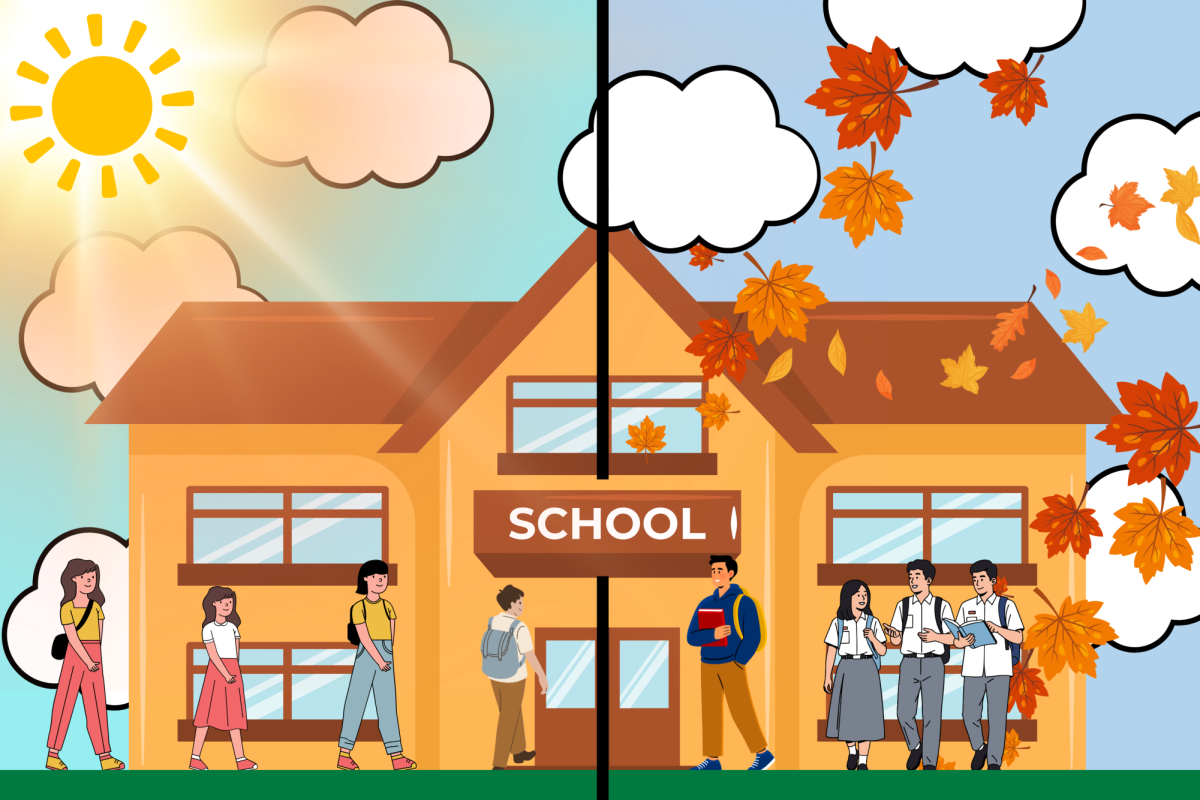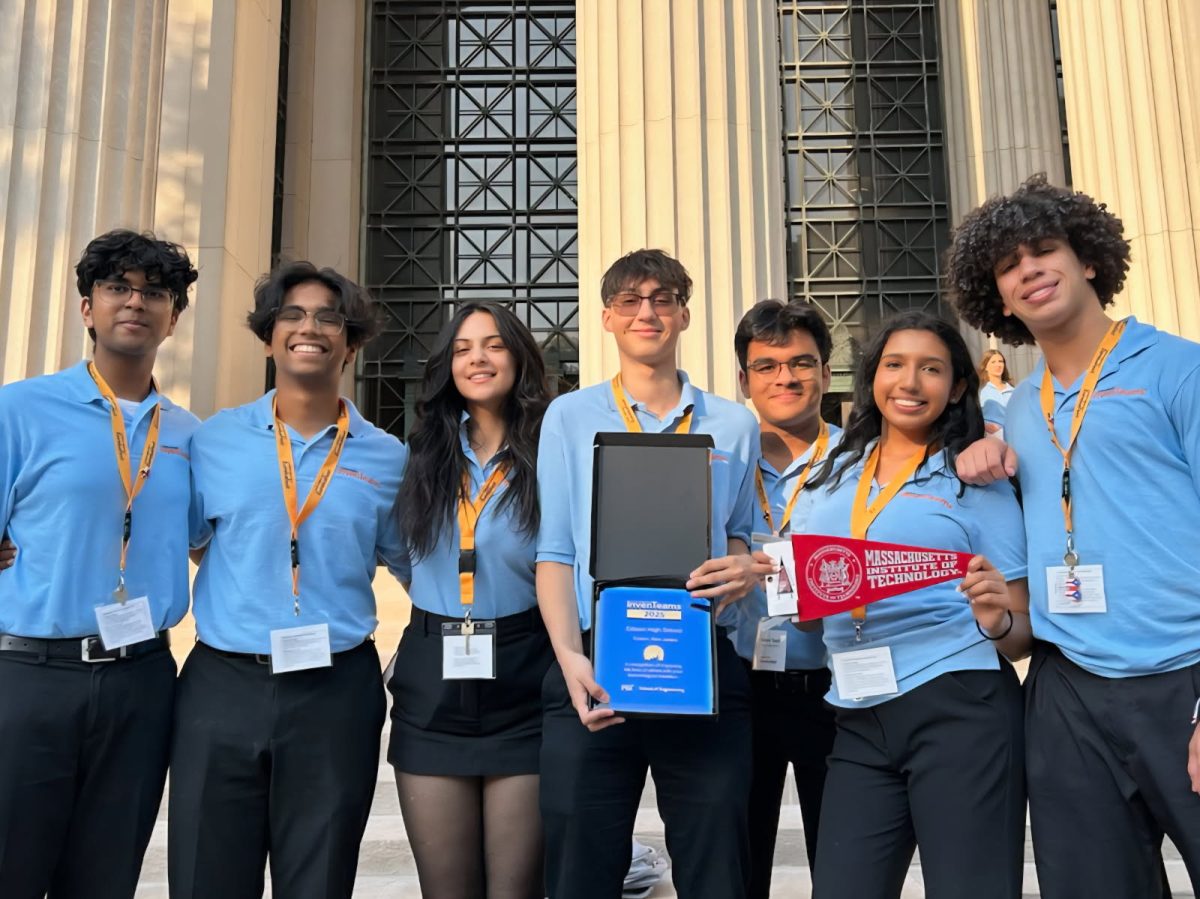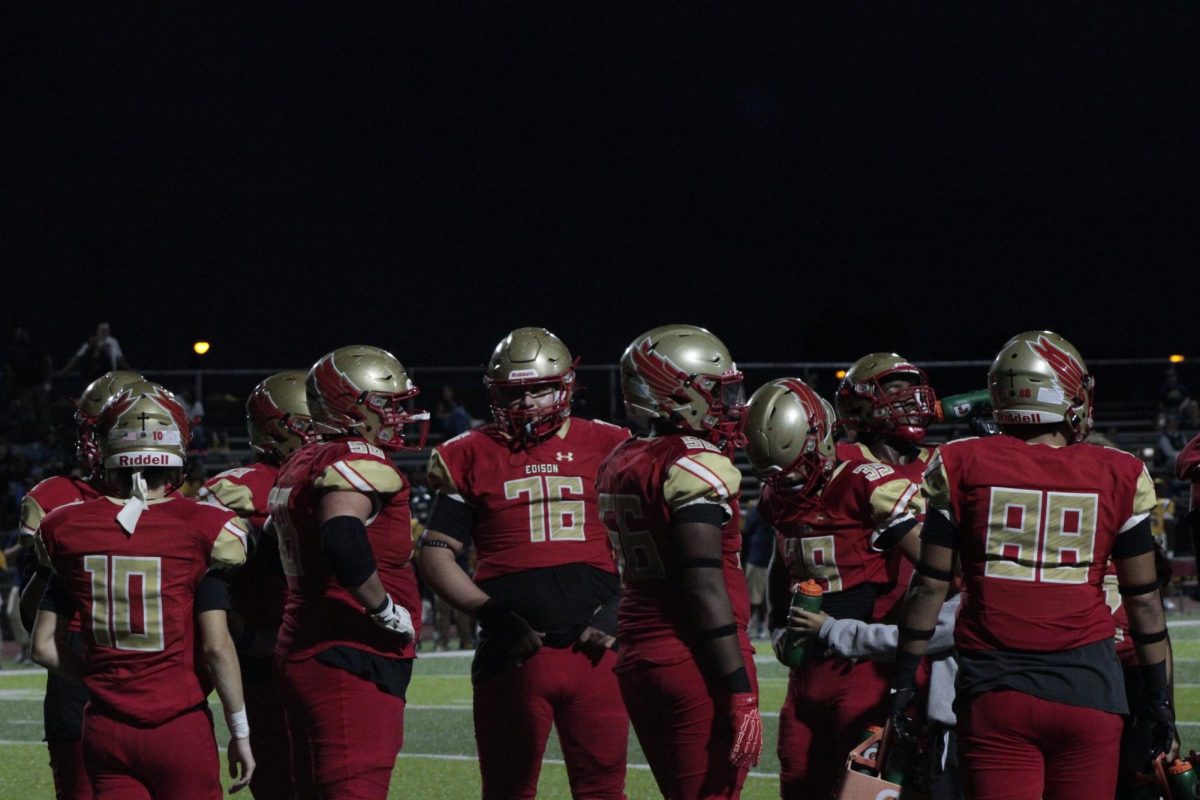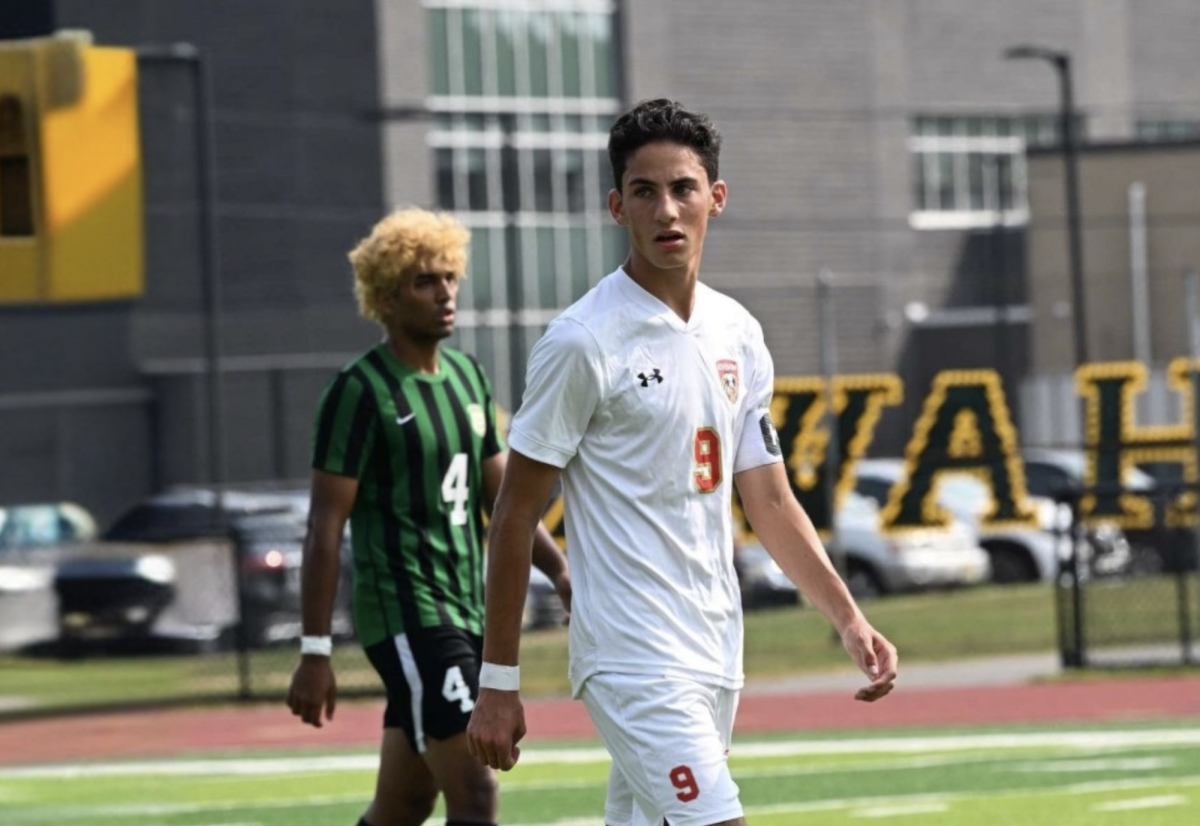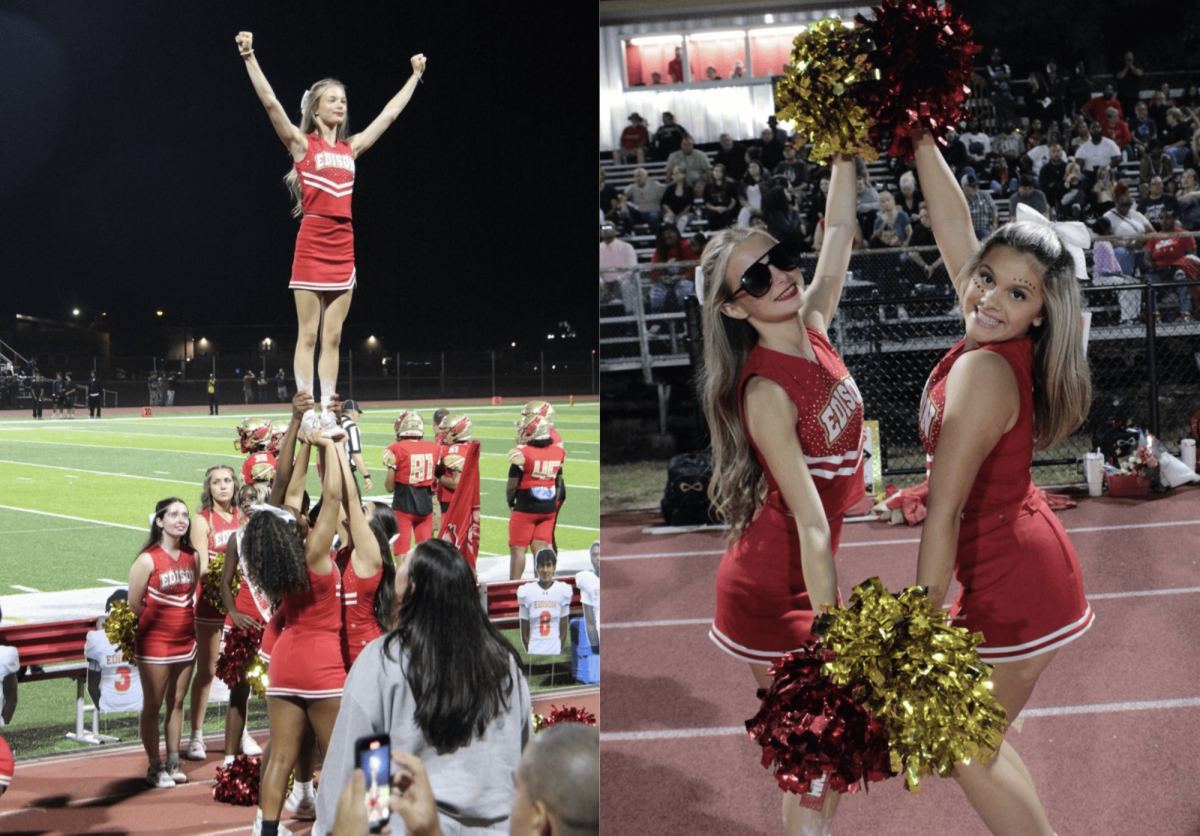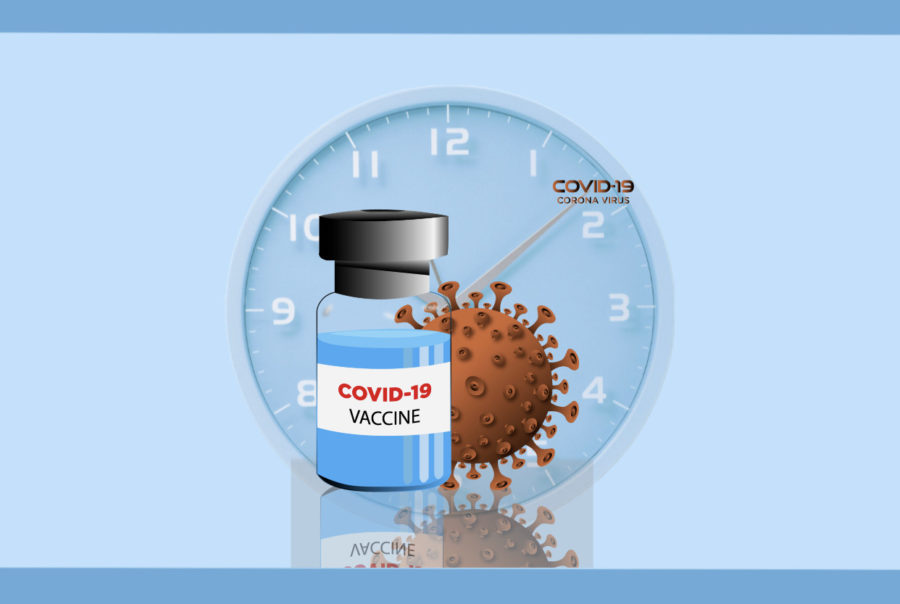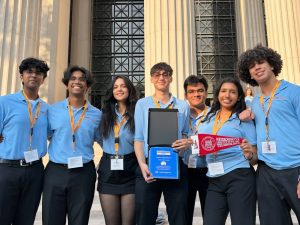One Year and One Week of COVID-19
March 22, 2021
The tag #covidversary has been trending all over social media within the past week. After hitting this one year mark, we’ve been reflecting on this year of quarantine, reminiscing about our previous lives, mourning those we’ve lost to COVID-19, and counting the slew of problems it exposed. But, what is the significance of an anniversary? I mean, is repeating a day really so special?
Anniversaries typically connote celebrations, but it seems as though this one has brought us nothing but waves of grief.
Last year on March 4, NBC reported that the NJ Health Department found its first presumptive positive case of COVID-19. March 10 marked the first death from COVID-19 in New Jersey. March 13 the last day Edison Township students were in school.
As each of these dates passed by, public opinion quickly changed. When there were only 15 cases nationwide on March 4, the NJ Health Commissioner calmed down the press, claiming that residents had nothing to fear. At this point, all Edison High students wanted was an excuse for a 2-week break from school after a snowless winter—none of us knew the full implications of the coronavirus. Even as school events and field trips continued on March 10, I wondered when our district would follow suit and close down. Teachers began putting out sanitizer bottles on their desks. I saw one or two teachers wearing masks. Then, the fateful call came on Thursday night.
Yet again, the waiting game began. What was declared a day off turned into two weeks for deep cleaning. That led us to expectations of returning to normal by May, then September, then the following September. Within this past year alone, the district has flip-flopped between remote, a two-day hybrid, and now a five-day full-day hybrid model with seemingly no rhyme or reason. Within 2021 alone, the date for returning to hybrid was pushed back nearly 2 months. Even as tentative plans floated, teachers protested for vaccination before returning to school. Only 26% of students felt comfortable returning to school as found by the Edison School District’s survey.
This uncertainty disillusioned me. It seemed as though there was no end in sight, even with the vaccine—as though I would be relegated to a life at home.
This uncertainty disillusioned me. It seemed as though there was no end in sight, even with the vaccine—as though I would be relegated to a life at home. Even while children and teens are considered more mentally and physically resilient, we have been affected profoundly. The coronavirus pandemic fundamentally changed how we live our lives. Or has it?
Yes, we’ve seen the barriers between school and home break down. The concept of home being a retreat from work and public life, a far-fetched reality only found in 1950s sitcoms, has all but disintegrated. Stress has become a constant in life, carrying over the pressure of remote learning and homework to the little time we set apart for rest and recuperation. This invasion of peace of mind has resulted in a lack of motivation, excessive stress, and growing headaches. Mental health has worsened with the inherent stress of the pandemic.
While all this may seem unfortunate, the reality is the pandemic has only exacerbated previously existing issues. Yes, remote learning spelled the demise of traditional snow days. Yet, considering the pile of busy work that was already being assigned on snow days, long weekends, and half-days to make up for the hours lost, the current issue is nothing new.
It seems as though messages of #stopasianhate have never been more prominent. Yet, the reality is anti-Asian discrimination has always existed. The sad part is that it took a pandemic to unearth this implicit bias—it took a virus from China and quarantine around the world for us to realize it was even there. What started in the 1850s as part of competition over the California Gold Rush still hasn’t been resolved. The New York Times announced that Stop AAPI Hate gathered data of “name calling, shunning, and assault among the 38,000 hate incidents reported against Asian Americans and Pacific Islanders,” many of which were against women. While the support shown on social media has been heartwarming, it’s heartbreaking that discrimination against Asians and women should even be an issue at all. As an Asian-American girl in the US, I regret feeling unsafe in my own community.
For all that’s happened, we have to remember that there is joy to celebrate during this “covidversary.” For one, the world hasn’t stopped spinning. Though we’ve been in lockdown intermittently with a variety of restrictions, we’ve persevered through it all, especially in Edison. What may seem like disillusionment with hybrid and remote scheduling only represents hope—hope of returning to our normal. Though virtual events may not seem like fair substitutes for in-person events, they, too, represent our resilience and endurance and commitment. Members of our school’s Peacock Society have continued rehearsals in the hope of putting on their annual Bollywood show in some way, shape, or form. iSTEM club recently launched its test prep book exchange, in lieu of its annual book drive, to help ease some of the stress students are facing. The school’s math competition team continues its monthly math meets, albeit without the bus ride and the pizza. WiSTEM | FOCUS, Girl Up, and many other female empowerment clubs have taken a stance against sexism in a variety of fields and in a variety of ways.
The issue isn’t that we’ve been stuck in a year of COVID-19; it’s that we think that one day after a year defines us. On March 13 this year, everyone posted quarantine photos, reflecting on how the status of lockdown hadn’t changed. There was this sudden shift in expectations—c’mon it’s been one year, can it end already? There was even more disillusionment as people realized that even after a year, their needs had not been met. But, we have to keep in mind that every day along that journey matters. Every moment from the death of George Floyd to the release of the Pfizer vaccine matters. Anniversaries are days for reflection, whether that be the First 100 Days of a presidency, New Year’s Eve, or a year after COVID-19, but reflection and progress aren’t necessarily limited to those days.
COVID-19 may have presented us with an obstacle. But, we’re humans—we don’t put our lives on hold for one obstacle; we keep moving forward every day, every week. Let’s remind ourselves that Pandora’s box of evils also held hope, that the 1918-1919 Spanish Flu also lasted a year, and that we’ve persisted through a year and one week of COVID-19 so far.
And, each week ahead is bound to inch us closer to that new normal we desire so acutely.



















